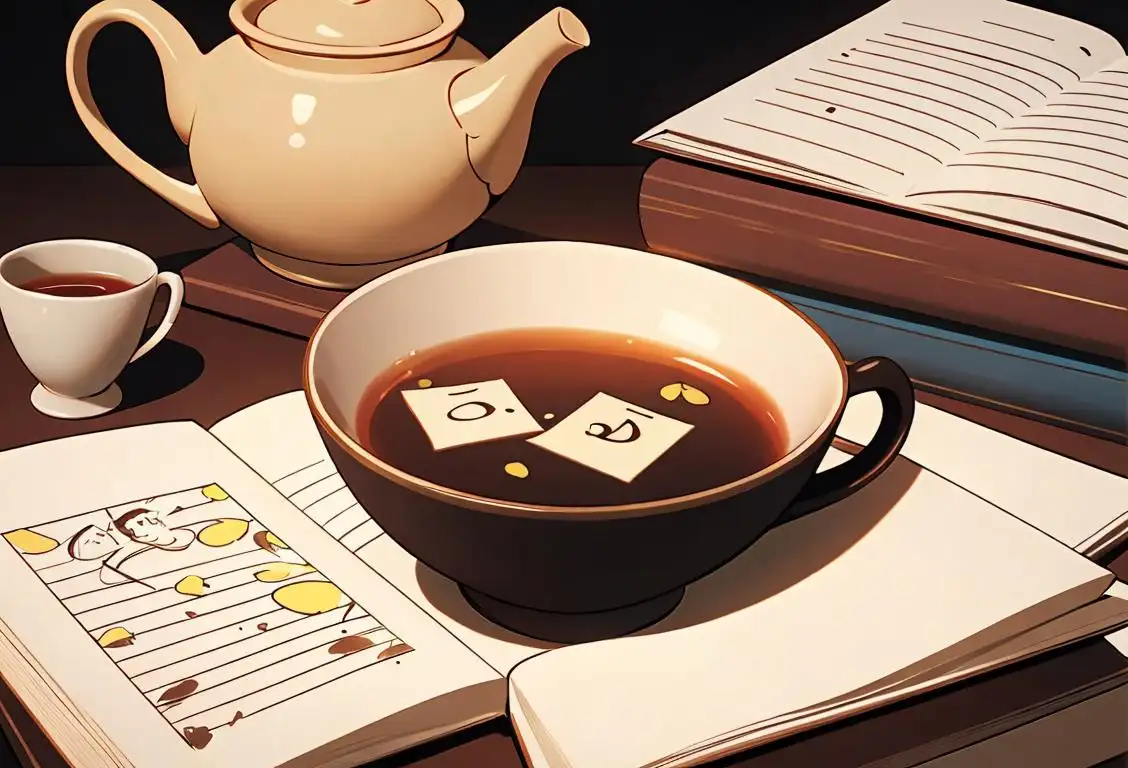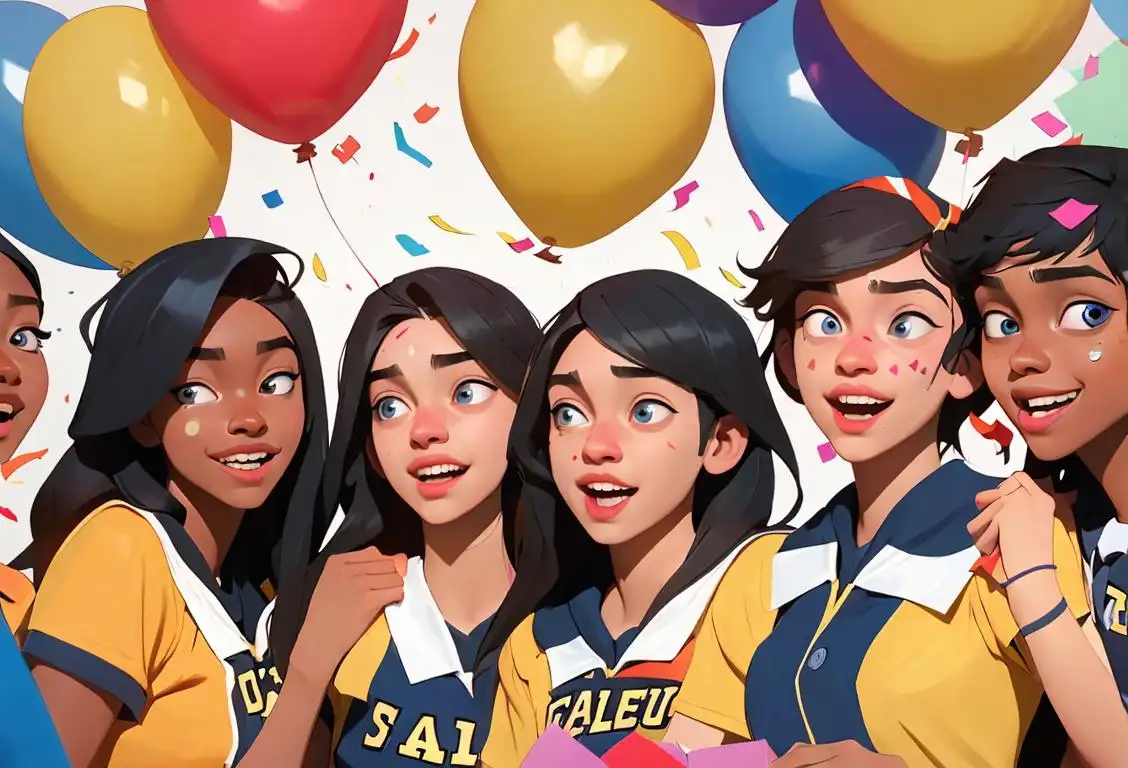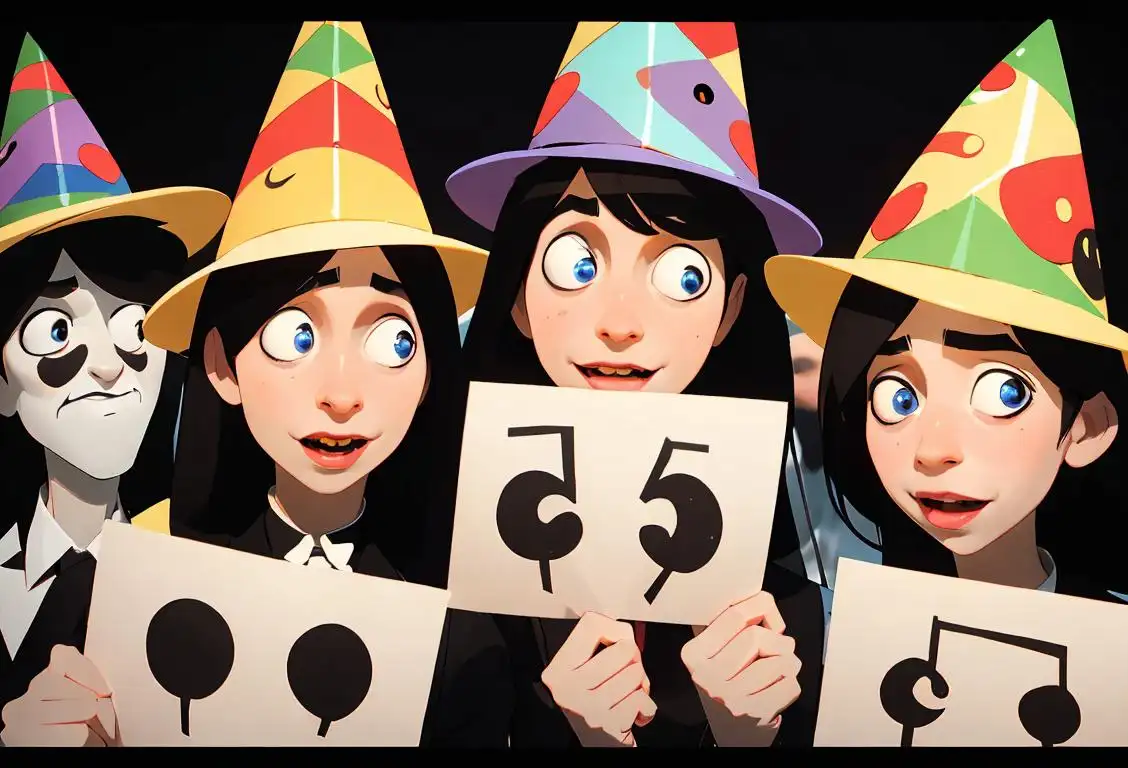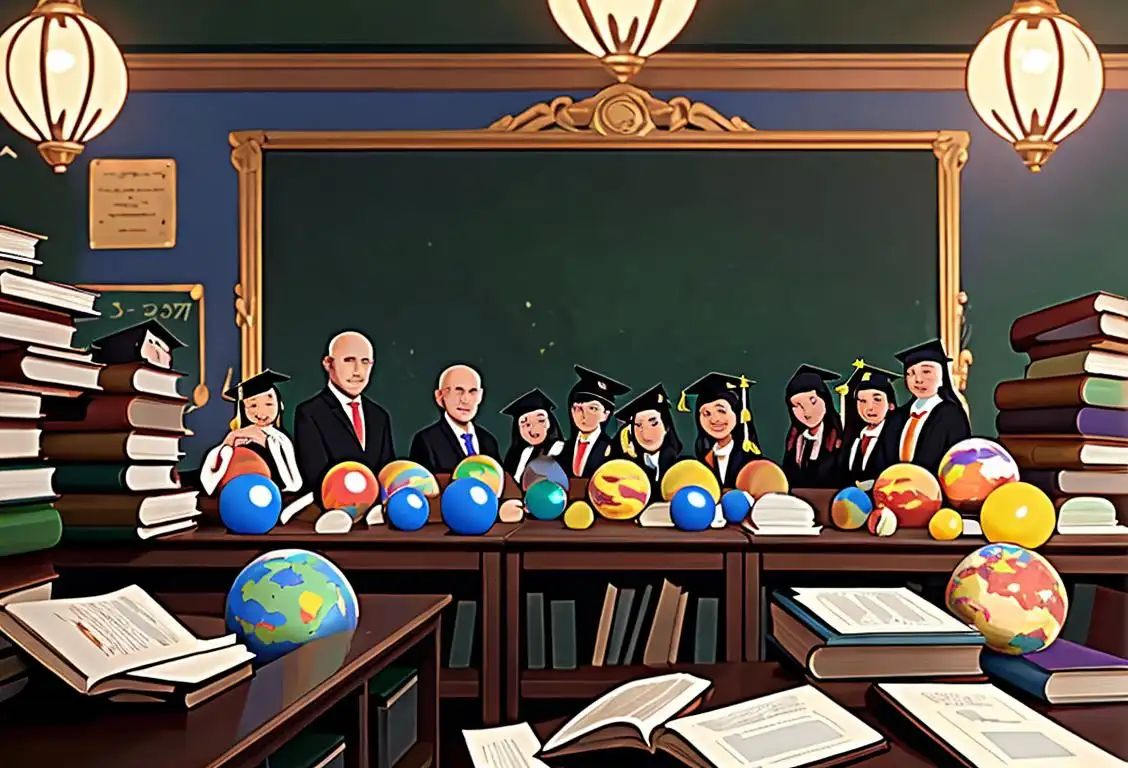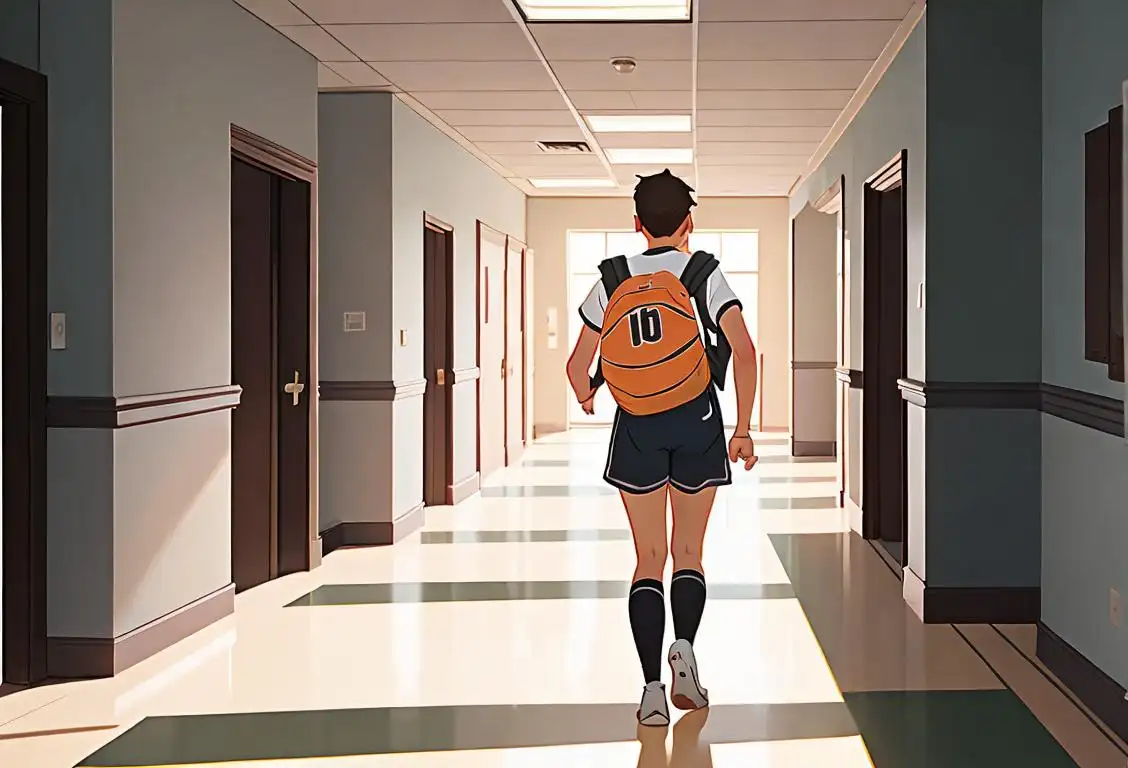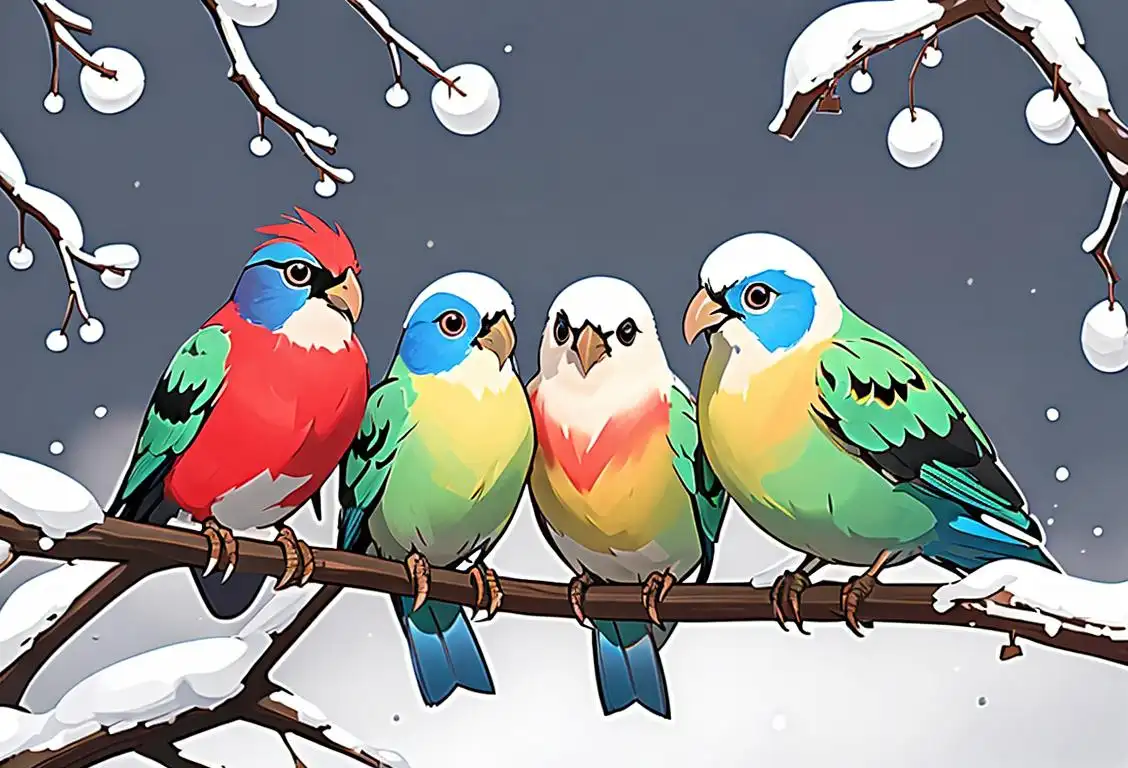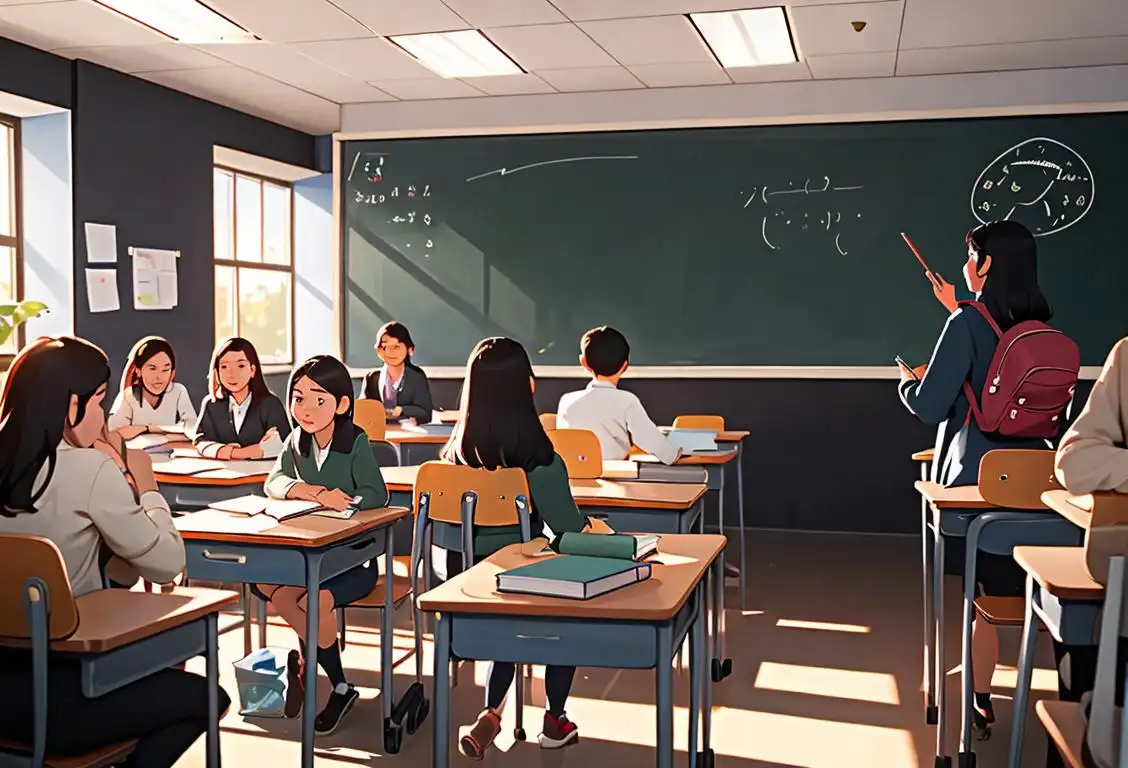National Spelling Bee Day
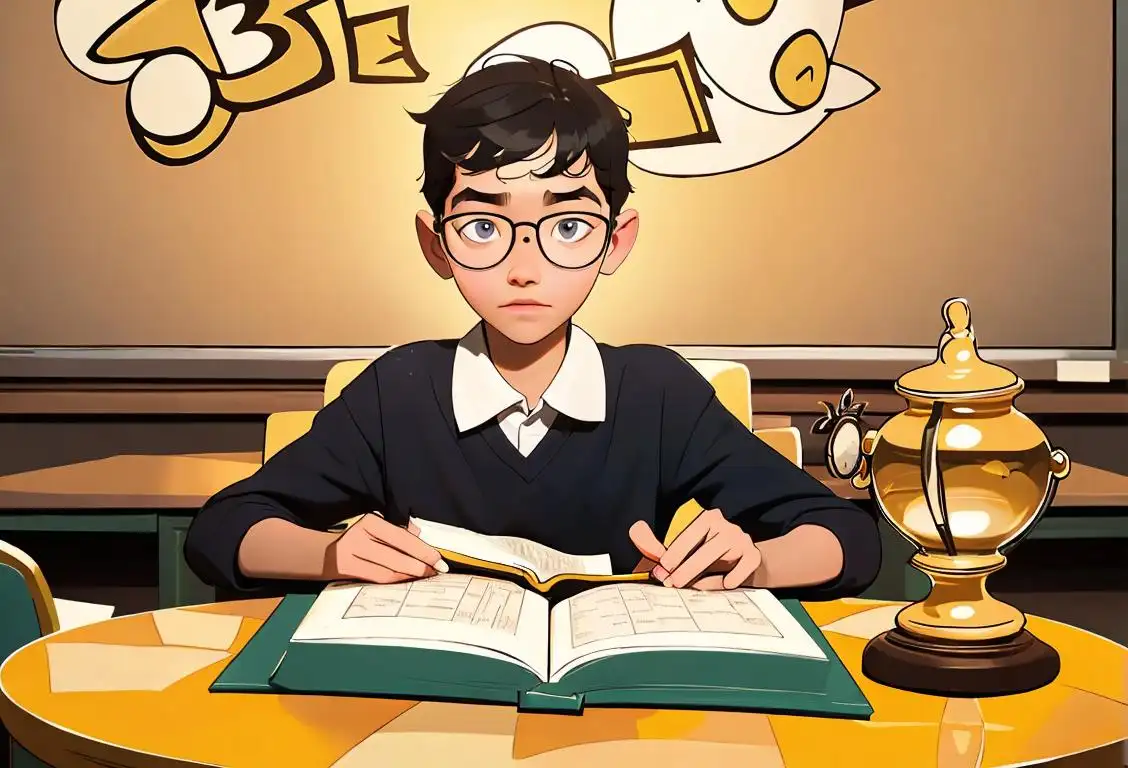
Are you ready to unleash your inner wordsmith? Well, grab your dictionaries and buckle up because National Spelling Bee Day is here to put your spelling skills to the ultimate test!
When is Spelling Bee Day?
It's national spelling bee day on the 28th May.
A Brief History of National Spelling Bee Day
Once upon a time, in a world filled with alphabet soup and confusing homophones, a magical event called the National Spelling Bee was established. This buzzing celebration of language and linguistic prowess has been captivating audiences for decades.
The roots of the National Spelling Bee can be traced back to the early 20th century. The first official national spelling bee took place in 1925, organized by The Courier-Journal newspaper in Louisville, Kentucky. This thrilling competition brought together students from across the United States to showcase their spelling skills and battle it out for the prestigious title of the nation's top speller.
Over the years, the popularity of the National Spelling Bee grew, capturing the imaginations of millions. It became an annual tradition, captivating spellers, their families, and language enthusiasts everywhere. With each passing year, the competition became fiercer and the words more challenging. It was a battle of brainpower, nerves of steel, and a deep love for the English language.
While the internet didn't exist during the early years of the National Spelling Bee, it has played a significant role in its modern-day popularity. Livestreams, social media updates, and online quizzes have brought this compelling event to a global audience, inspiring aspiring wordsmiths around the world.
Tips for Spelling Bee Success
Are you thinking about participating in a local spelling bee or just want to impress your friends with your spelling skills? Well, we've got some tips to help you become a spelling superstar!
- Study, study, study! Memorize those word lists, explore etymology, and delve deep into the magical world of spelling.
- Break it down. When confronted with a long, complex word, break it into syllables and tackle each part individually.
- Listen carefully. Pronunciation is key! Pay attention to the way words are pronounced to avoid any embarrassing misspellings.
- Read voraciously. The more you read, the more exposure you'll have to different words and their spellings, increasing your vocabulary arsenal.
- Practice under pressure. Test your spelling skills in simulated timed rounds to get used to the adrenaline rush of a real spelling bee.
Remember, even the best spellers can stumble. Don't let a misspelled word bring you down. Brush yourself off, learn from your mistakes, and bounce back stronger than ever!
History behind the term 'Spelling Bee'
1825
Origin in the United States
The term 'spelling bee' originated in the United States in 1825. It was used to describe a new type of educational contest where participants would compete in spelling words aloud. This form of competition quickly gained popularity and became a staple event in American schools.
1850s
First recorded use in print
The term 'spelling bee' was first officially recorded in print in the 1850s. It appeared in various newspapers and publications, solidifying its place in the English language. This increased exposure helped spread the concept of spelling bees beyond schools and into other communities.
1875
National Spelling Bee competition
In 1875, the first National Spelling Bee competition was held in the United States. The event was organized by The Courier-Journal, a newspaper in Louisville, Kentucky. This marked a significant milestone in the history of spelling bees, as it brought together the best spellers from different regions to compete at a national level.
1925
Formation of the Bee's list
The Scripps Howard National Spelling Bee, which began in 1925, played a crucial role in the development of standardized word lists. The organizers started compiling a list of words specifically for the competition, known as the 'Bee's list.' This curated list allowed participants to prepare and study beforehand, further raising the level of competition.
1941
Broadcast on radio
The popularity of spelling bees skyrocketed with the advent of radio broadcasts. In 1941, the first National Spelling Bee competition was broadcasted on the radio, allowing people from all over the country to listen and cheer for their favorite participants. This marked the beginning of a long tradition of broadcasting spelling bee competitions to a wide audience.
1994
Inclusion in the dictionary
The term 'spelling bee' gained official recognition when it was included in the dictionary. In 1994, the Merriam-Webster Collegiate Dictionary acknowledged 'spelling bee' as a common term used to describe a spelling competition. This recognition solidified its place in the English lexicon, highlighting the immense cultural impact of spelling bees.
Did you know?
Did you know that the longest word ever officially spelled in the history of the National Spelling Bee is pneumonoultramicroscopicsilicovolcanoconiosis? Don't worry, we're not going to ask you to spell it right now!Tagged
fun educationFirst identified
28th May 2015Most mentioned on
28th May 2015Total mentions
63Other days
History Day
Grammar Day
College Decision Day
Punctuation Day
Teacher Day
Teacher Appreciation Day
Student Athlete Day
Bird Day
Education Day
Mathematics Day

